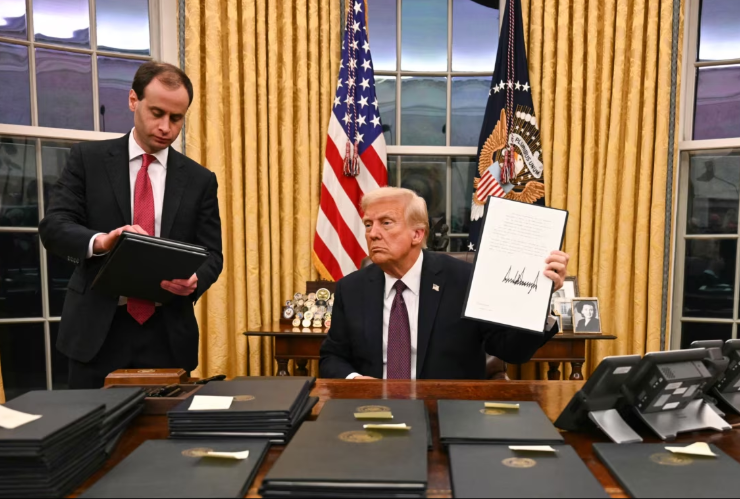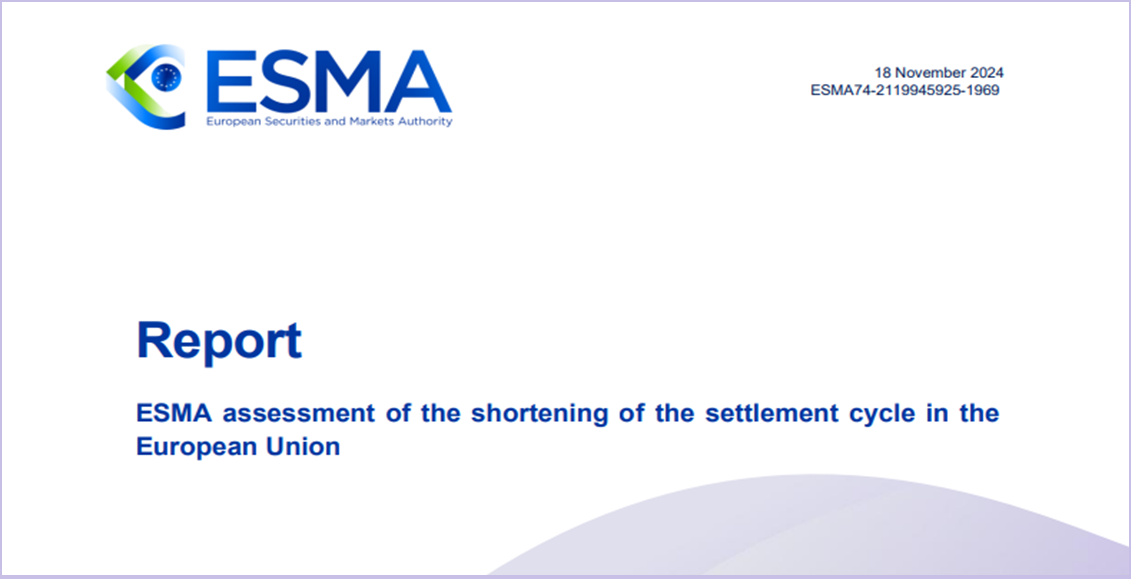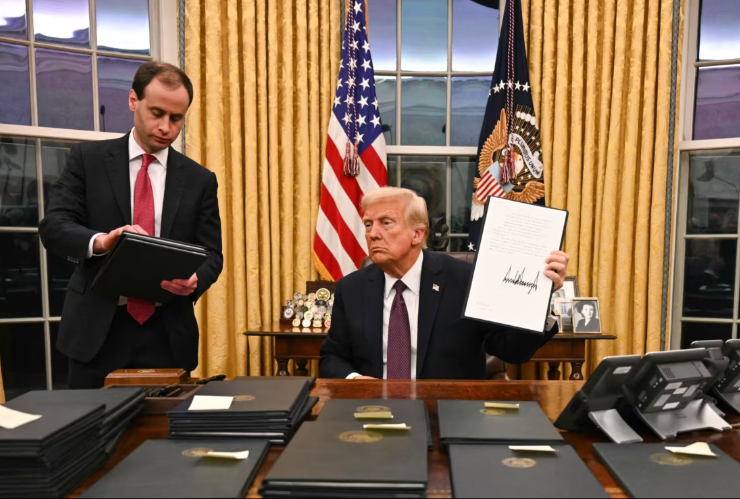Trump Announces U.S. Withdrawal from Paris Climate Accord Again
President Trump has once again announced the US withdrawal from the Paris Climate Agreement, emphasising the reversal of Biden’s initiatives on electric vehicles and renewable energy. This decision may create uncertainty for companies focused on sustainability and hinder global efforts to meet climate targets, given the US's role as one of the largest greenhouse gas emitters.

President Donald Trump announced his plans to pull the United States out of the Paris Agreement. This decision, framed by the White House as a means to “end Biden’s policies of climate extremism,” signals a significant shift in the U.S. approach to climate policy under the new administration.
This marks the second time that President Trump has opted to withdraw the U.S. from the landmark international climate agreement. His first attempt to exit the accord occurred during his initial term, though the U.S. quickly rejoined after President Biden took office, signing an executive order on his first day to recommit to the agreement.
Trump’s Broader Climate Policy Reversal
This move is part of a broader agenda by President Trump to reverse many of the climate-related initiatives introduced by his predecessor, President Biden. During his inauguration speech, Trump emphasised his plans to dismantle several key aspects of Biden’s climate agenda, including revoking the electric vehicle mandate. In 2021, Biden had set an ambitious target to ensure that zero-emission vehicles, including electric and fuel cell vehicles, would account for 50% of all new vehicle sales in the U.S. by 2030.
Trump's speech also highlighted his intentions to terminate the Green New Deal, a likely reference to Biden’s Inflation Reduction Act. The act allocated nearly $270 billion in tax incentives, loans, grants, and subsidies for initiatives aimed at renewable energy and industrial decarbonisation. Additionally, Trump reiterated his commitment to expanding the U.S. energy sector, particularly through an increase in oil drilling and a reduction in support for renewable energy, including the cancellation of leases for large wind farms.
Implications for Business and Sustainable Development
The U.S. withdrawal from the Paris Agreement could have significant implications for businesses, particularly those in the energy, transportation, and manufacturing sectors.
The key consequences are as follows:
- Uncertainty for Sustainability-focused Businesses: Companies committed to reducing carbon emissions and transitioning to renewable energy may face setbacks as federal policies shift away from climate action. There could be a slowdown in investment and regulatory incentives for green technologies;
- Impact on Clean Energy and Transportation: Businesses in the electric vehicle and renewable energy sectors might experience limited growth opportunities due to the reduction in support for electric vehicle mandates and renewable energy projects. This includes the termination of leases for wind farms and other renewable energy sources;
- Support for Traditional Energy Industries: On the other hand, businesses in the oil, gas, and coal sectors may benefit from deregulation and the increased focus on expanding domestic fossil fuel production, including oil drilling and exploration;
- Challenges for International Climate Commitments: As one of the largest global greenhouse gas emitters, the U.S. withdrawal from the Paris Agreement could hinder global efforts to meet climate targets, making it more difficult for other countries to reach their own sustainability goals;
- Corporate Strategy Adjustments: For companies with long-term sustainability objectives, the reversal of federal policies may require a reevaluation of their environmental strategies. They may need to rely more on voluntary corporate actions, collaborations, and innovation to meet their climate targets;
- Reputational Risk: Companies operating in global markets may face increased scrutiny from consumers, investors, and stakeholders who expect them to continue progressing towards sustainability goals. The shifting U.S. policies could affect brand perception, particularly in markets where environmental issues are a top priority.
In conclusion, the U.S. withdrawal from the Paris Agreement presents a complex landscape for businesses and governments. Companies may have to adjust their strategies in response to shifting federal policies, while the global community may experience a delay in achieving long-term climate goals. This highlights the tension between immediate economic interests and the broader imperative of sustainable development.



